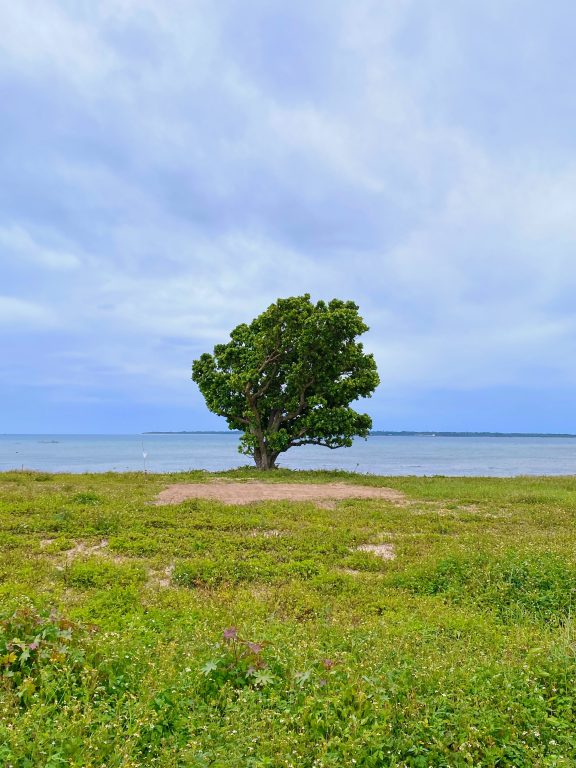Post-Corona Thinking : The world, and society, must change drastically.

The world, and society, must change drastically.
First, the world situation will be overwhelmingly Chinese-led. Already Beijing and Shanghai have resumed economic activity.
China has been quick to bounce back and provide strategic support to the rest of the world: large donations to the WHO, assistance to African countries, and was quick to extend a helping hand to Italy when it was in the midst of its greatest crisis.
Ventilators, masks, face shields, and protective clothing are all made in China. As a political ploy for post-Corona global hegemony, the Chinese government probably considers these supports as promotional costs. This contrasts favorably with the U.S., which is closing its doors.
The U.S. will become too conscious of the presidential election and become closed to immigrants, etc., and GDP will drop significantly. National power will decline and world leadership will shift to China.
Nations like China, South Korea, Germany, the Czech Republic, and Taiwan will prosper if they have leaders who understand or are knowledgeable about science, IT, and AI, and can implement policies that look to the future, while those that do not will fall into disrepair. Countries such as Japan, the U.S., the U.K., and Sweden will be forced to replace their leaders with new ones after the Corona because their leaders lack the ability to think outside the box in times of crisis. The common characteristic of these nations is that they took the position of “no big deal” at the beginning of the crisis. It was not a case of “No, let’s come up with measures just in case.”
What will happen to society? Living and working in the three dense cities of Tokyo and Osaka will become lame.
Companies will further widen the digital divide (disparity) through remote work, restructuring incompetent middle managers and office reform.
Some small and medium-sized companies with a venture spirit will probably abandon their offices. Shared offices and digital nomads (a lifestyle of working and studying while traveling using IT) will permeate the market.
The launch of the iPhone 12 in September, equipped with 5G, will further invigorate both work styles and home-based learning, and rapidly move us toward a greener, suburban society.
Local areas that can be successfully ridden also have a chance to be revitalized.
As the “motivation” gap widens and students are able to skip classes through online learning, schools will be required to function as a safety net for children who are unable to study. Schools should accept nomads (students who temporarily come from all over the world) instead of only serving people in one area. Schools that establish excellent online classes will be in business with online students in addition to real students.
In addition, “home demand” (nest egg consumption) is on the rise, and a major boom is generated, especially in live entertainment and live commerce.
Radio in particular has a new opportunity to capture new needs. radiko is inconvenient and not very popular in Japan, but it is interesting to listen to podcasts on Spotify. It is interesting to listen to podcasts on Spotify. Even recordings sound like live performances, which is post-Corona.
In real places, the field of leisure activities, such as travel and art, will see a V-shaped recovery.
The leisure time spent at home will remain a big part of the mood after the lockdown is lifted, and those who can afford it will start shopping for furniture, art, vacation homes, and so on.
And in order to maintain and develop society in the new worldview, we must create a social program (including a tax system) that will close the gap between the rich and the poor that has widened in the Corona. The current government’s capacity will not be able to do this, so let’s all do it right in the next election.





